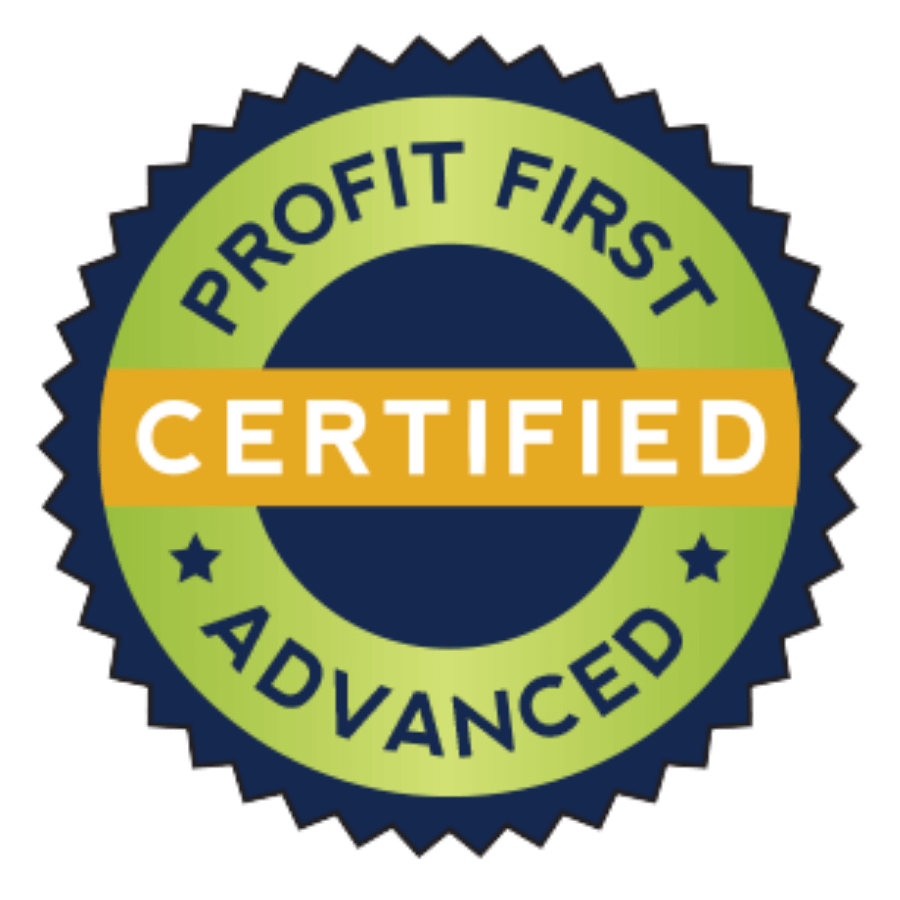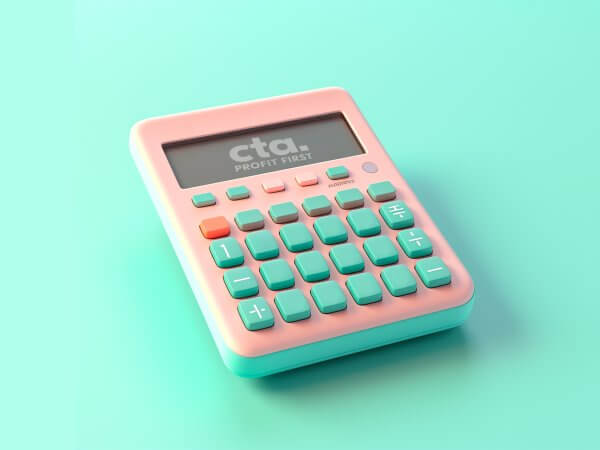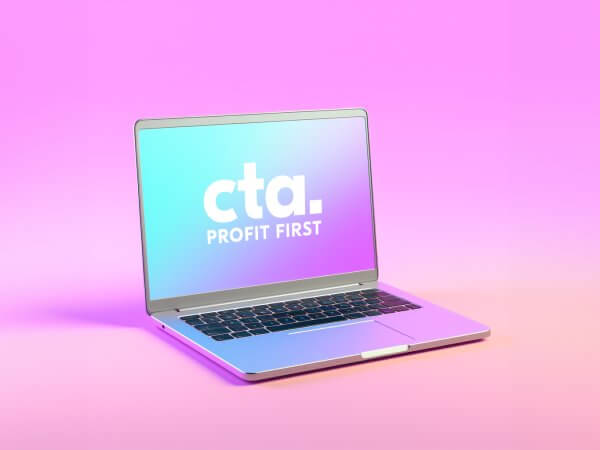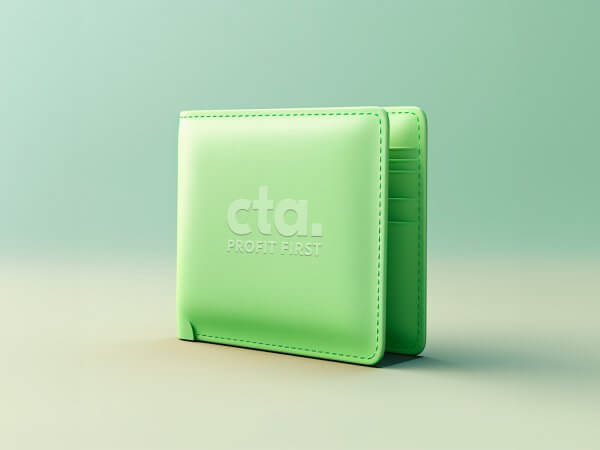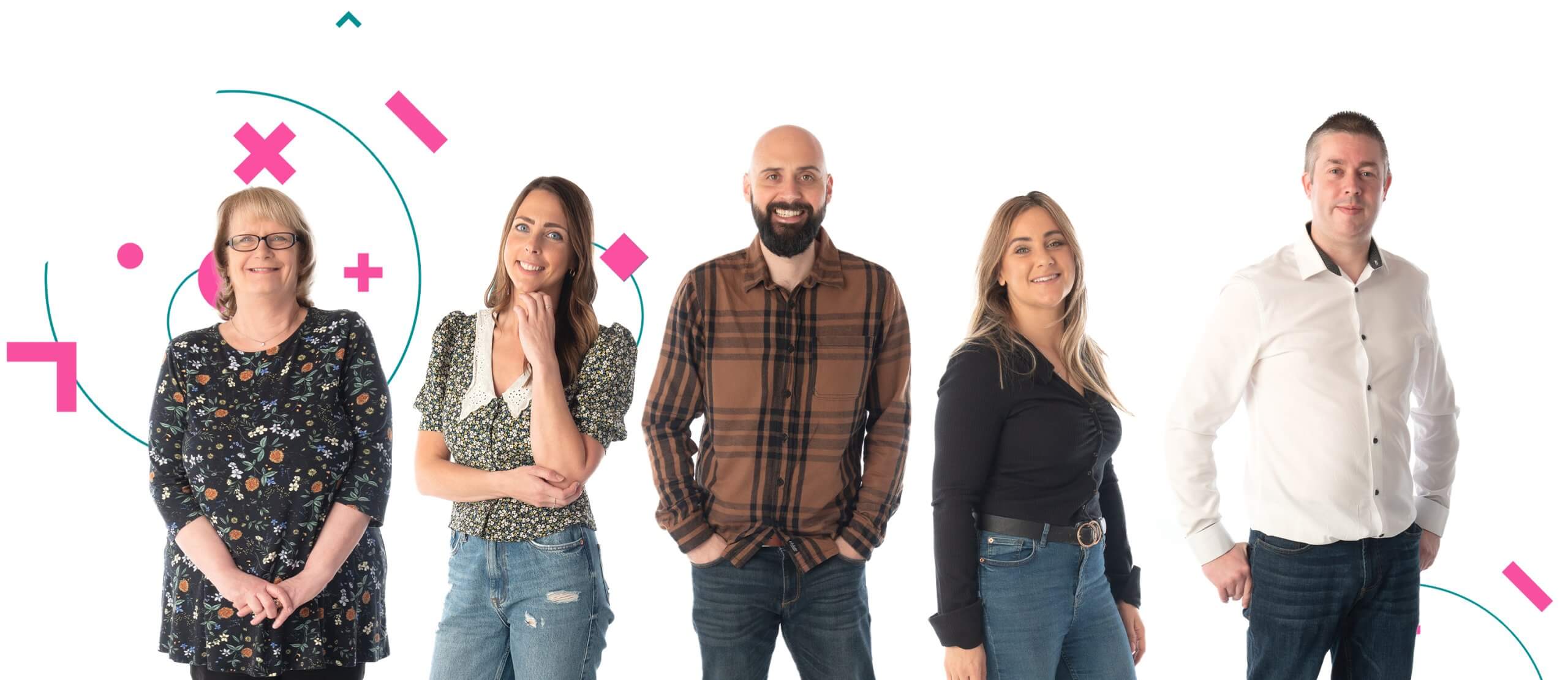What happens if I sell my business van / commercial vehicle?
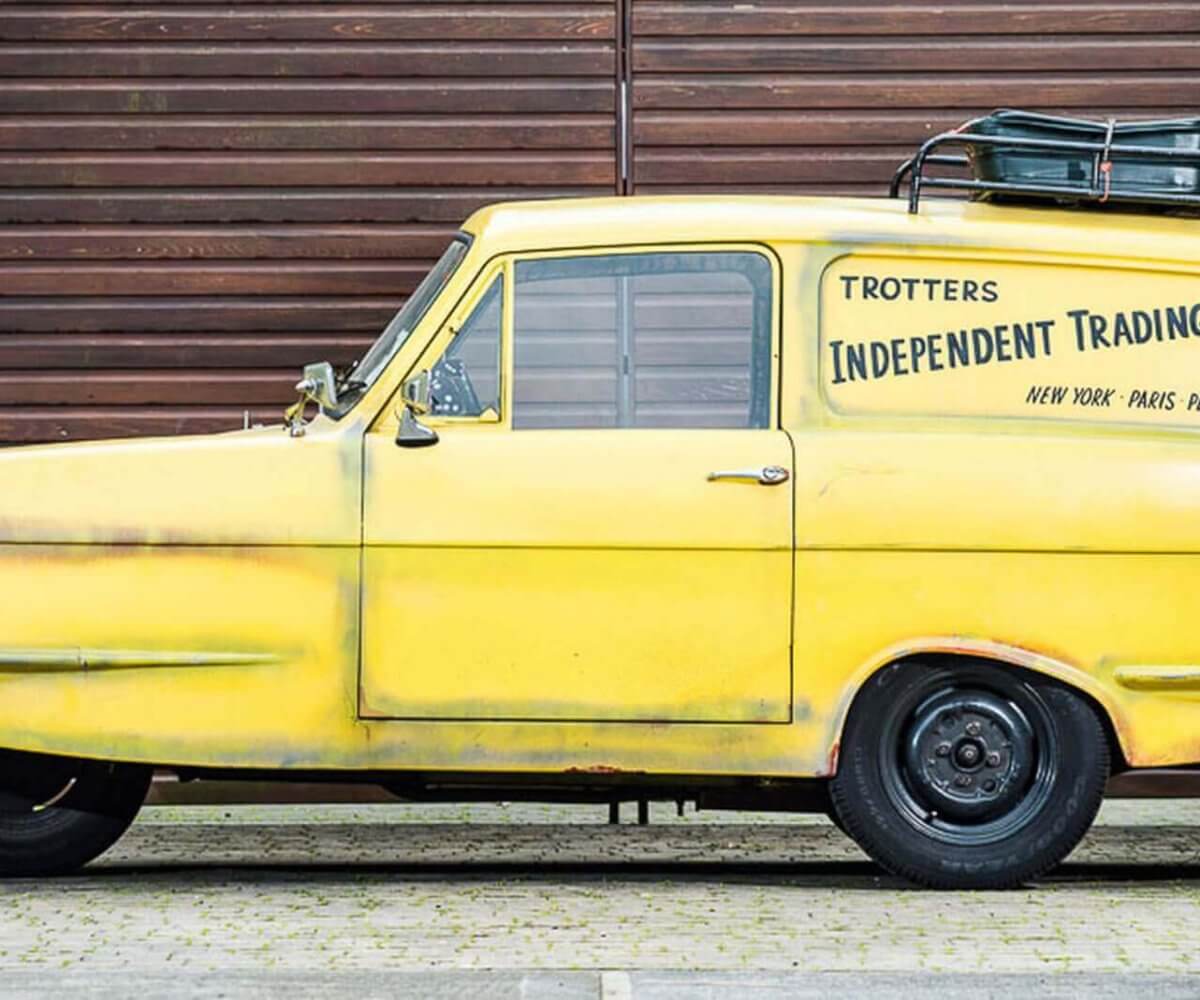
As much as we would all like to pay less tax, most of us are not trying to run a business like Del Boy and Rodney from Only Fools and Horses. Plus that would seem a bit too good to be true, don’t you think?
This is a question we get asked at Cheltenham Tax Accountants on occasion. I would like to tell you that it’s completely tax and VAT free but I would be lying!
In a nutshell…
When you sell a business van or commercial vehicle it is simply subject to tax. You were fortunate to claim the vehicle as an expense when you purchased it so logic tells us that it’s only right you pay it when you come to sell.
So what happens is you effectively end up claiming tax relief on the difference between the price you paid and the price you eventually sell it for.

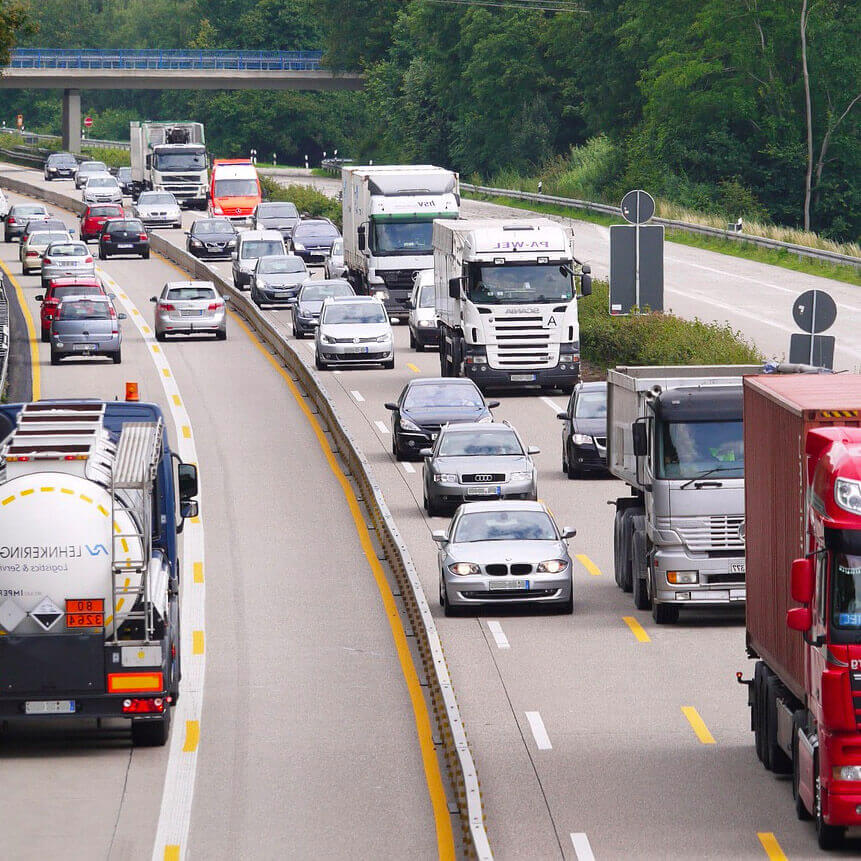
For example
If you buy a van for £5,000 (let’s ignore the impact of VAT for the moment) and you are a basic rate tax payer (corporation tax savings will be very similar) then you will save 20% in tax (for illustration purposes I will ignore the national insurance aspect as you may not be self-employed) which is £1,000.
If you later sell your van for £2,000 then you will pay tax of £400 (20%). This means that you claimed tax relief overall of £600 which is the purchase price of £5,000, less the selling price of £2,000 (£3,000 net cost) at 20% tax.
Please note that as self-employed person earning above the relevant threshold for national insurance will also need to account for 9% NI (class 4) at the time of writing this article. More information on these rates can be found at HMRC.
VAT
This can be very straight forward in most cases. If you buy a van with VAT on originally then you need to account for the VAT on the sale also. This does not mean that if you agreed a sale price of let’s say £6,000 that you must add on another 20%.
You may also choose to treat the amount as VAT inclusive, in that case the £6,000 would actually be £5,000+VAT. This would depend on the market value of the vehicle and also whether the new buyer is VAT registered or not.
If however, you did not pay VAT on the purchase of the van at the start then you will need to pay VAT on the margin scheme which essentially means you account/charge VAT based on the profit you made when selling the vehicle.
In reality you will be selling the van at a loss as you have had the benefit of using it for a period of time where it has depreciated and in that case there would be no VAT.
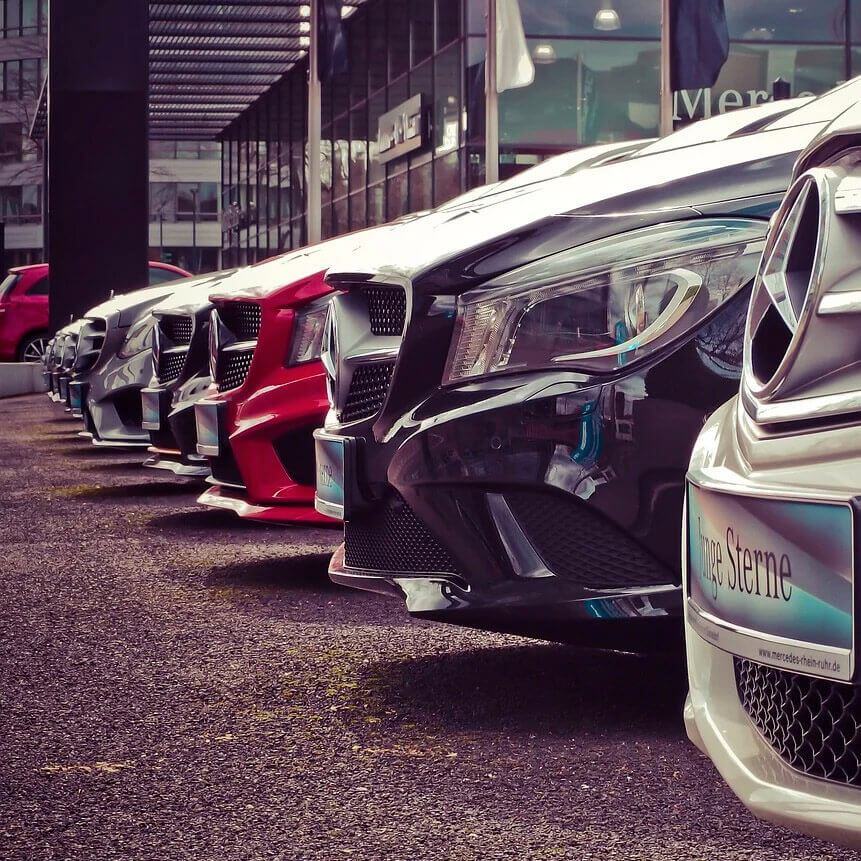
BOOK A FREE CHAT to see how we can help you.
Other considerations
In terms of the accounting here, you will need to consider the capital allowances impact on your tax return and also account for the correct VAT figures on any VAT returns due with commercial vehicle sales.
Time for a coffee now!
